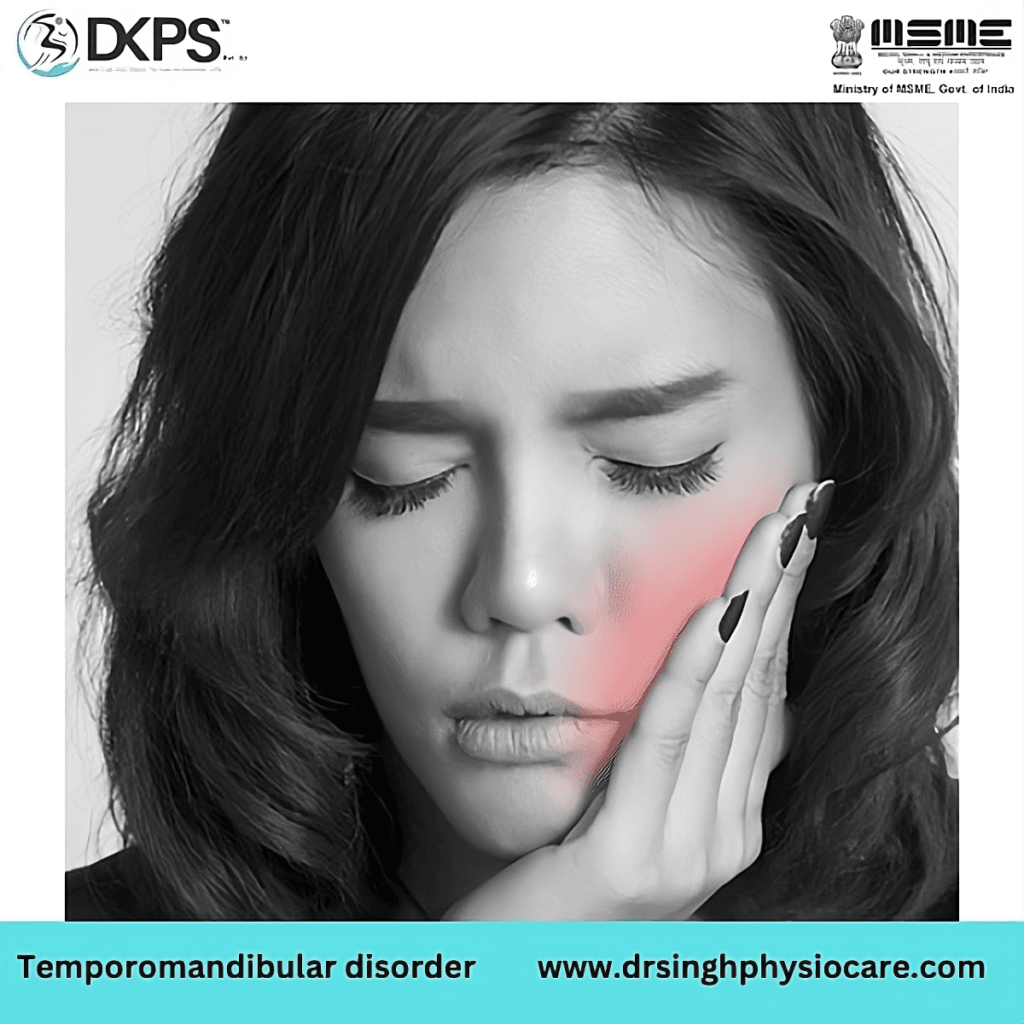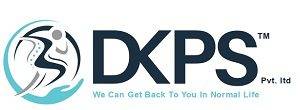- Home
- About Us
- DKPS Dealing
- BLOG
- Delhi NCR
- Delhi
- Physiotherapy at Home Near Me | Physiotherapist in South Delhi
- Best Chiropractor in Delhi
- Physiotherapist in Delhi
- Cupping Therapy in Delhi
- Home Nursing Services in Delhi
- Needle Therapy for Back Pain
- Sports Injury Physiotherapy
- Best Physiotherapist Visit at Home in Rohini Sector 24
- Physiotherapy at Home In Rohini Sector 9 |
- Physiotherapist in Pitampura | Physiotherapy at Home in Pitampura
- Physiotherapy at home in Rohini sector 29
- Physiotherapist in Paschim Vihar
- Physio home visit | Home Visit Physiotherapy |
- Physiotherapist in Saket | Best Physiotherapist in Saket |
- Physiotherapist In Janakpuri | Best Physiotherapist in Janakpuri |
- Best Physiotherapist in Punjabi Bagh | Punjabi Bagh Physiotherapist |
- Best Physiotherapist Service at Home in Dwarka, Delhi
- Best Physiotherapist in Chandigarh at Home Visit
- Faridabad
- Gurugram
- Noida
- Best Physiotherapy Gorakhpur
- Best Physiotherapist in Lucknow | Physiotherapist in Lucknow near me |
- Delhi
- Mumbai
- Delhi NCR
- Department
- Doctors
- Gallery
- Packages
- Contact Us
- Home
- About Us
- DKPS Dealing
- BLOG
- Delhi NCR
- Delhi
- Physiotherapy at Home Near Me | Physiotherapist in South Delhi
- Best Chiropractor in Delhi
- Physiotherapist in Delhi
- Cupping Therapy in Delhi
- Home Nursing Services in Delhi
- Needle Therapy for Back Pain
- Sports Injury Physiotherapy
- Best Physiotherapist Visit at Home in Rohini Sector 24
- Physiotherapy at Home In Rohini Sector 9 |
- Physiotherapist in Pitampura | Physiotherapy at Home in Pitampura
- Physiotherapy at home in Rohini sector 29
- Physiotherapist in Paschim Vihar
- Physio home visit | Home Visit Physiotherapy |
- Physiotherapist in Saket | Best Physiotherapist in Saket |
- Physiotherapist In Janakpuri | Best Physiotherapist in Janakpuri |
- Best Physiotherapist in Punjabi Bagh | Punjabi Bagh Physiotherapist |
- Best Physiotherapist Service at Home in Dwarka, Delhi
- Best Physiotherapist in Chandigarh at Home Visit
- Faridabad
- Gurugram
- Noida
- Best Physiotherapy Gorakhpur
- Best Physiotherapist in Lucknow | Physiotherapist in Lucknow near me |
- Delhi
- Mumbai
- Delhi NCR
- Department
- Doctors
- Gallery
- Packages
- Contact Us
What is temporomandibular disorder (TMJ)
- Home
- What is temporomandibular disorder (TMJ)

What is Temporomandibular Disorder (TMD)?
Temporomandibular Disorder (TMD) refers to a group of conditions affecting the temporomandibular joint (TMJ), which connects the jawbone to the skull. This joint is essential for everyday functions like chewing, speaking, and yawning. TMD causes pain, dysfunction, and restricted jaw movement, often involving muscles, cartilage, or bones.
About TMD
Definition
- TMD is a condition that leads to pain, limited jaw movement, and joint sounds, impacting the TMJ and related structures.
Common Causes
1. Trauma: Injuries to the jaw or TMJ.
1. Bruxism: Teeth grinding and clenching.
2. Arthritis: Inflammatory or degenerative joint issues.
3. Stress: Leads to muscle fatigue and jaw tension.
4. Structural Abnormalities: Misaligned teeth or jaw deformities.
5. Habits: Nail-biting or excessive gum chewing.
Diagnostic Tools
1. Clinical Examination: Jaw movement analysis and sound detection.
2. Imaging: X-rays, MRIs, or CT scans for detailed joint views.
3. Arthroscopy: Direct joint visualization.
4. Electromyography (EMG): Evaluates muscle activity.
Symptoms of TMD
- Jaw pain and stiffness.
- Clicking or popping sounds in the jaw.
- Difficulty opening or closing the mouth.
Treatment Options for TMD
1. Allopathic Treatments
- Medications: NSAIDs, muscle relaxants, corticosteroids.
- Injections: Botulinum toxin or steroid injections.
- Surgery (severe cases): Arthroscopy or structural repair.
- Lifestyle Adjustments: Stress management and avoiding hard foods.
2. Physiotherapy
DKPS Pvt Ltd offers specialized physiotherapy treatments for TMD, focusing on non-invasive and patient-friendly approaches:
1. Manual Therapy: Gentle techniques to improve joint mobility.
2. Therapeutic Exercises: Strengthening and stretching jaw muscles.
3. Ultrasound Therapy: Reduces inflammation and pain.
4. Electrotherapy: TENS for effective pain management.
5. Postural Training: To reduce jaw strain.
6. Patient Education: Tips on relaxation, diet, and avoiding harmful habits.
3. Behavioral and Dental Care
- Mouthguards: Prevent grinding and align teeth.
- Stress Management: Yoga, meditation, and cognitive therapies.
Precautions for TMD Management
1. Avoid chewy, sticky, or hard foods.
2. Maintain proper posture while working or using devices.
3. Use warm compresses for pain relief.
4. Avoid clenching habits like gum chewing or nail-biting.
5. Follow physiotherapy exercises regularly.
6. Practice stress-relief techniques like yoga or meditation.
Why Choose DKPS Pvt Ltd for TMD Treatment?
- Comprehensive Care: Tailored physiotherapy plans.
- Non-Invasive Methods: Focused on natural recovery.
- Expert Team: Skilled professionals in TMD management.
- Patient-Centered Approach: Education and support for long-term health.
Early diagnosis and a personalized treatment plan can effectively manage TMD. DKPS Pvt Ltd ensures holistic care for a pain-free and healthy recovery.
Other Places where we provide Physiotherapy Services at Home
- Physiotherapy at home in Rohini sector 24
- Physiotherapy at home in Rohini
- Physiotherapy at home in Budh vihar
- Physiotherapy at home in pitampura
- Physiotherapy at home in Panjabi bagh
- Physiotherapy at home in Rani bagh
- Physiotherapy at home in Ashok vihar
- Physiotherapy at home in shastri nagar Delhi
- Physiotherapy at home in inderlok Delhi
- Physiotherapy at home in kanhaiya Nagar Delhi
- Physiotherapy at home in paschim vihar
- Physiotherapy at home in Vikas Puri
- Physiotherapy at home in Karol bagh
- Physiotherapy at home in Rajendra place delhi
- Physiotherapy at home in Patel Nagar Delhi
- Physiotherapy at home in Shadipur delhi
- Physiotherapy at home in Kirti Nagar Delhi
- Physiotherapy at home in moti nagar Delhi
- Physiotherapy at home in Noida
- Physiotherapy at home in Gaziyabad
- Physiotherapy at home in Gurgaon
- Physiotherapy at home in Faridabad
- Physiotherapy at home in burari
- Physiotherapy at home in sangam vihar
- Physiotherapy at home in Gandhi vihar
- Physiotherapy at home in mukherjee nagar
- Physiotherapy at home in jagatpur village
- Physiotherapy at home in gopalpur
- Physiotherapy at home in civil line
- Physiotherapy at home in delhi university
- Physiotherapy at home in Mumbai
- Physiotherapy at home in GTB nagar
- Physiotherapy at home in model town
- Physiotherapy at home in kamla nagar
- Physiotherapy at home in nirankari colony
- Physiotherapy at home in Chauhanpatti
- Physiotherapy at home at khjuri khas
- Physiotherapy at home in Bhajanpura
- Physiotherapy at home in Ankur vihar
- Physiotherapy at home in tronica city
- Physiotherapy at home in Jhaghirpuri
- Physiotherapy at home in Okhla delhi
- Physiotherapy at home in shaeen bagh delhi
- Physiotherapy at home in houz khash Delhi
- Physiotherapy at home in Narela delhi
Find Complete Relief from Dr. Singh Physiocare Experts
If you think you are facing similar conditions, or have suffered from them in the past,
please contact Dr. Singh Physiocare, team to schedule an appointment with the Best Physiotherapist in Delhi, Noida, Greater noida, Gurgaon,Ghaziabad,Mumbai etc at : 8700670059 or 9953024412
Book You Appointment Today:
Additional Links
For More Articles
DKPS Physiotherapy services at Home
DWARKA | PASCHIM VIHAR | PEERAGARHI | VIKASPURI | PITAMPURA | KOHAT ENCLAVE | RANI BAGH | ROHINI | JANAKPURI | MANGOLPURI | PUNJABI BAGH | NANGLOI | BAHADURGARH | NOIDA | GREATER NOIDA| GHAZIABAD | GURGAON | FARIDABAD | MUMBAI | GORAKHPUR | LUCKNOW | CHANDIGARH |
